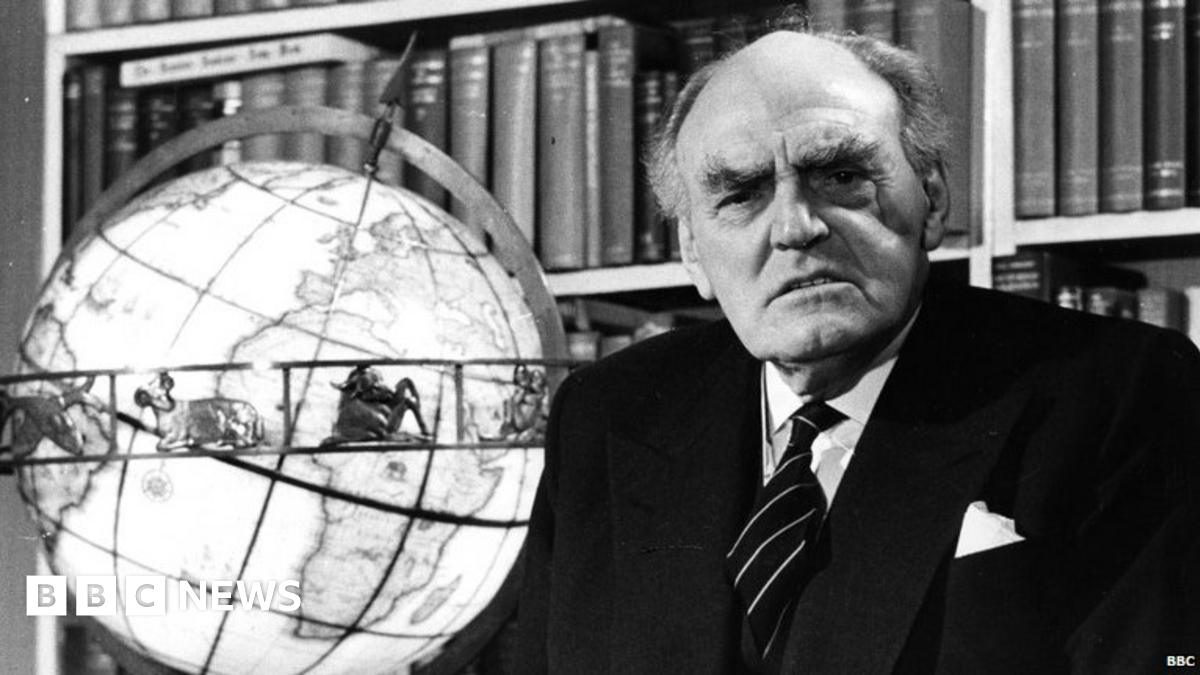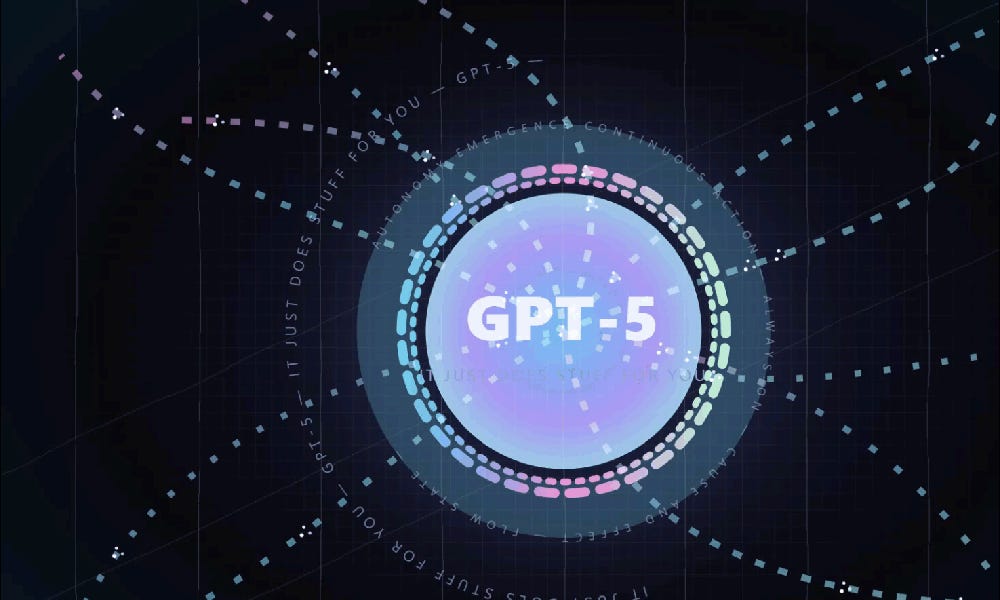
A First Time for Everything
A Little Book About the Big Bang
An Infinity of Worlds: Cosmic Inflation and the Beginning of the Universe
On the Origin of Time: Stephen Hawking’s Final Theory
Should scientists be embarrassed that they can’t settle on a definition for the Big Bang? The cosmologist Will Kinney describes it as the “physical theory of the hot infant universe,” while Wikipedia goes for the more elaborate “a physical theory that describes how the universe expanded from an initial state of high density and temperature.” The first refers only to early times, while the latter seems to extend to subsequent times as well. The physicist and science writer Tony Rothman offers the pithier “the universe’s origin,” the theoretical physicist Thomas Hertog suggests that it is the “primeval state” of cosmic history, and a NASA website gives us “the idea that the universe began as just a single point.” These seem to refer to one moment at the start of things, rather than the universe’s life since then.
All of these sources (except NASA, unfortunately) capture something correct. The confusion stems both from the inherent ambiguity of using ordinary language to describe novel scientific concepts and from the state of modern cosmology itself. Cosmology is the study of the universe on the largest scales. So it ignores details of stars and planets, focusing on galaxies and even bigger structures, up to the universe as a whole. Modern cosmology is only about a century old, as it wasn’t until the 1920s that astronomers determined that our own Milky Way is just one of a large number of galaxies and the origin and evolution of them all could be studied together. And it wasn’t until the 1990s that the field matured into the one that exists today, featuring precision measurements and ultralarge datasets.












